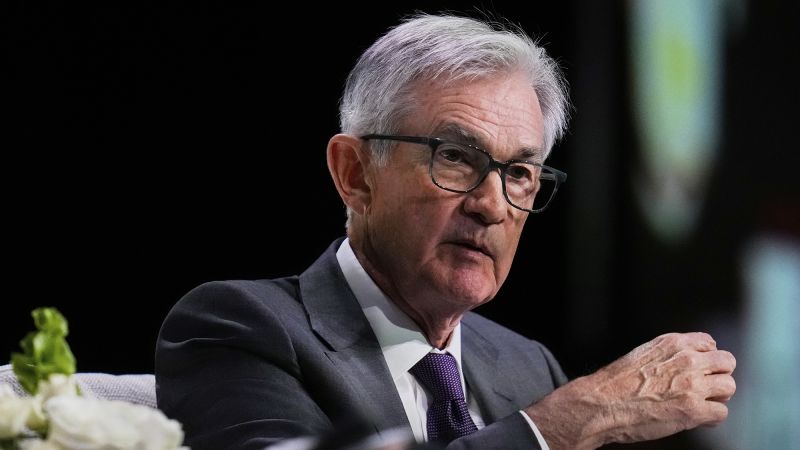President Donald Trump’s call for the removal of Federal Reserve Chair Jerome Powell has sparked a high-stakes battle over the control of independent agencies, particularly the central bank. The Supreme Court is currently deliberating on an emergency appeal that could either bolster Trump’s authority over independent agencies or impede his efforts. The case revolves around Trump’s dismissal of officials at agencies overseeing federal employee protections, with potential implications for the Federal Reserve.
Trump’s administration aims to overturn a 1935 precedent that restricts the president’s power to dismiss board members overseeing independent agencies without cause. This move could significantly impact agencies insulated from political influence. The conservative-leaning Supreme Court has previously shown skepticism towards protections for executive branch officials.
While Trump’s administration argues for increased control over agencies, critics warn that weakening the Fed’s independence could undermine its ability to combat economic challenges like inflation and unemployment effectively. The court’s decision on the emergency appeals involving lesser-known boards could set a precedent for the Federal Reserve’s future autonomy.
Despite Trump’s vocal criticisms of Powell, the Fed’s decisions have consistently prioritized economic data and the dual mandate of employment and price stability. The Fed’s independence has historically been crucial for its effectiveness in managing economic fluctuations. As the Supreme Court navigates these complex legal battles, the implications for the Federal Reserve’s autonomy and the broader financial landscape remain uncertain.

